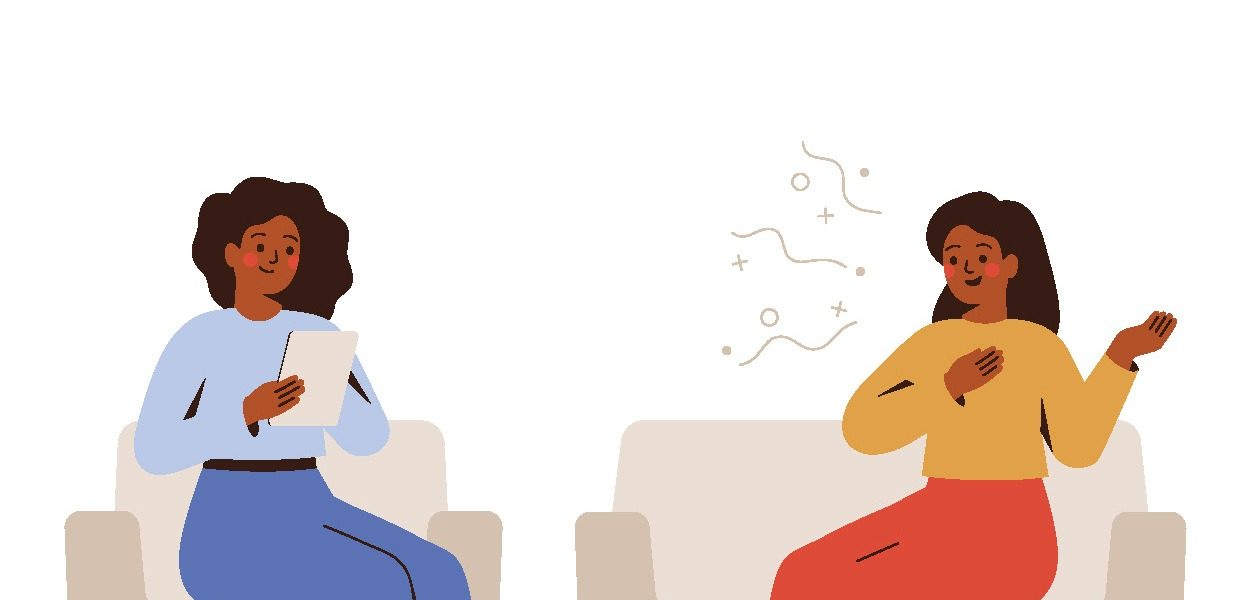Not everyone needs therapy, and therapy won’t always be the right course for all people at all stages of their lives, but I do believe that the vast majority of people can benefit from therapy, (provided they are with the right therapist for them and receive the correct therapy). So why go to therapy? I truly believe therapy is always worth exploring as it can provide a safe place to delve into so many different issues and aspects of our lives, such as…
• Feeling stuck or unfulfilled
• Feeling a bit sad, worn out, burned out, lost or just a bit ‘meh’
• Dealing with difficult or toxic friends, family or influences in your life
• Dealing with changes and life transitions
• You want a safe place to practise being more assertive, more social, more vulnerable, more something
• You need help healing some old wounds or learning how to forgive
• You want to improve your relationships to learn be a better friend, partner, child or parent
• You are suffering with anxiety, depression, low self-esteem, unresolved grief or bullying
• You want to become more self-aware and emotionally intelligent and learn new skills or strategies
• For no reason at all, you just fancy trying it out
No list such as this could ever be truly complete, and it’s unusual to be in therapy for just one of these reasons – we often go to address several concerns. Some might say that broadly all of these could be put into two general categories: issues in our relationships with others and issues in our relationship with ourselves. Something that’s often not talked about is seeking out therapy not for an issue, but for a more positive rationale, for example to give yourself a space to seek out joy or celebrate your successes.
Personally, I’ve often landed in therapy due to feeling like I’ve got something wrong or failed at something in my life, but what I have found is that therapy turns this way of thinking on its head. I went to therapy expecting to get fixed, but what I have learned is that I was never broken.
When is the right time?
It is my firm belief that therapy can help the vast majority of people, if it is the right time, the right therapy and the right therapist for that individual and what they need from therapy. In an ideal world, it’s probably better to try to seek out therapy when you’re not really struggling but rather when you first start to notice signs of something not being quite right or that there’s something you’d like to explore. This is far easier said than done though, particularly if you are looking to receive therapy through the NHS. I’ve often felt that trying to look for therapy when you are in the depths of mental distress is a little like trying to locate the stopcock when your house has already flooded.
Therapy isn’t just for moments of earthshattering personal tragedy; it’s not always for rock-bottom/crisis points. It can also be useful in reorienting yourself towards your true wants and needs, training yourself in the art of self-compassion, and better understanding, respecting and communicating your feelings. And guess what, it’s often easier to reach these goals when you’re not wrestling bigger, darker obstacles. So, consider this your permission to give therapy a try, even if you feel your life is going hunky-dory. Your future self may just look back and thank you for it.
How do I know I am ready?
Entering therapy before you are ready is not something I’d advise; I’ve been there and got the T-shirt and smelled the stinky boots to boot. It’s such a deeply personal and often challenging process, I found out the hard way that it really doesn’t work unless you’re ready. Therapy is not something anyone takes on lightly – I’ve found that it always involves some degree of soul-searching and a considered thought process, which it goes without saying will be different for everyone. But how do you know if you are ready or not? The answer to this will be deeply personal, but two things I wish I had been asked, or asked myself prior to my disastrous therapy sessions before I was ready, would have been:
- Am I looking for and am I open to change?
If the answer is ‘No, I’m not’, the timing might not be right for you at the moment. Perhaps you feel fine as you are and change isn’t something you want to do right now, and that’s OK. For therapy to be effective it does require an openness and a willingness to challenge one’s thoughts, biases and preconceptions. So, if you have been considering therapy and feel open to an honest dialogue with a therapist, you may find the process deeply rewarding.
- Am I willing to be honest and vulnerable?
In order for therapy to benefit you, you will need to be able to trust your therapist and open up. It might take some time to be able to do this, but it will be essential that you do. There have been times in my life when I haven’t been ready to do this and that’s OK.
That said, nerves are perfectly normal. Whether you’ve been to therapy before or this is the first time you’re thinking about it, it can feel really unnatural at first to expose all your secrets and truths to a total stranger when perhaps you’ve previously dedicated so much energy to keeping everything bottled up inside. But I promise, the more you practise it, the easier it will become.
If you’re thinking about therapy, take a moment to reflect and consider these questions. From my experience, when the time is right, you might be nervous and have questions and apprehensions, all of which are very normal, but you’ll know.
Am I being forced into therapy?
Another thing to consider when asking yourself whether you are ready for therapy is whether you are doing it of your own free will.
It’s safe to say that my grief counselling (and I think my counsellor would also agree with me on this) was a spectacular flop. This had almost nothing to do with her and her skills, but more to do with me and my reluctance to be there.
If you’re forced into therapy for any reason – maybe loved ones are putting pressure on you or, like me, you find yourself having to attend in order to tick some bureaucratic box – it doesn’t mean it’s going to fail, but it really doesn’t set things off on the right foot. In my experience, it’s only when I have freely sought help and support from therapy that I have had the best outcomes.




















